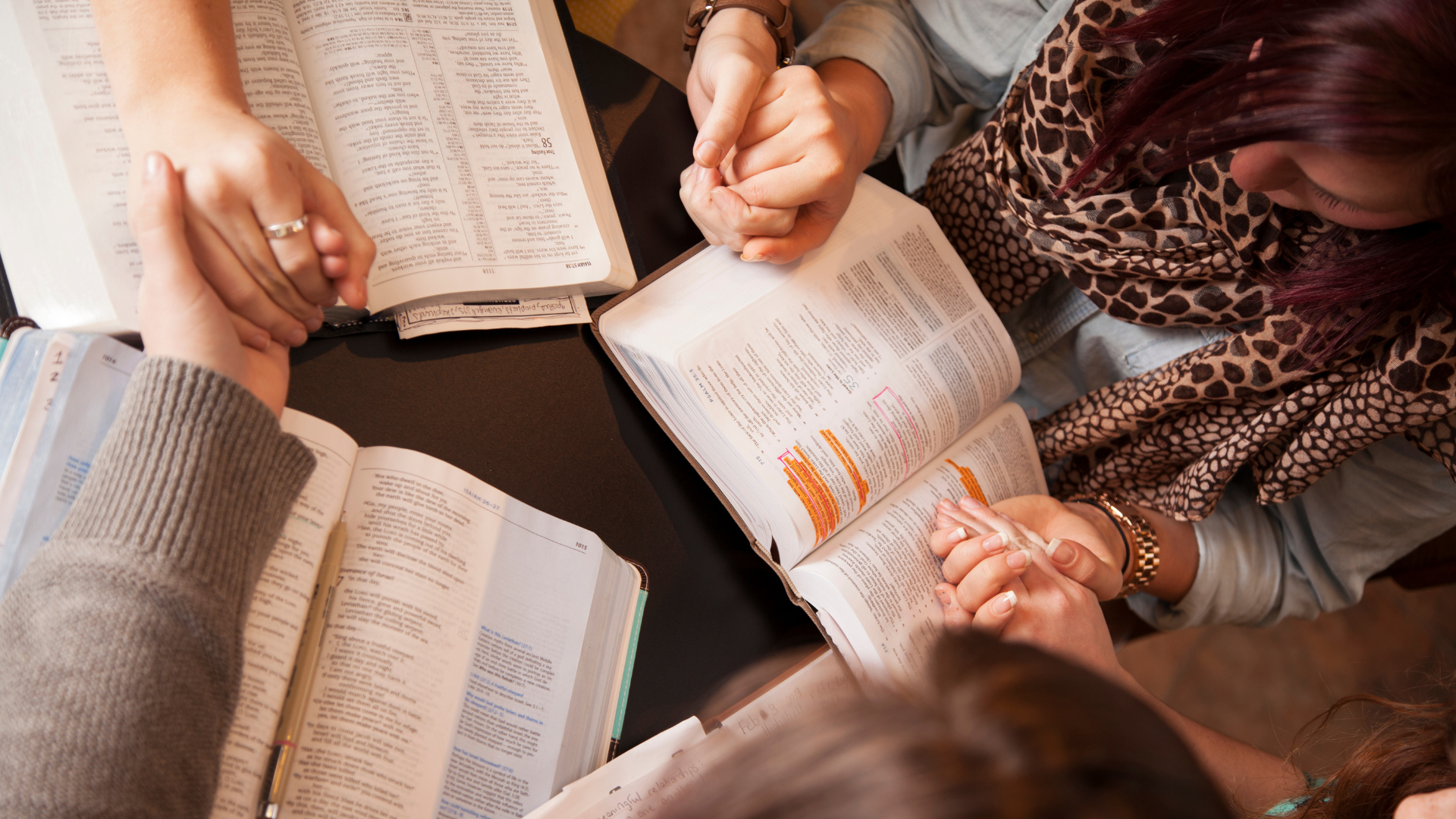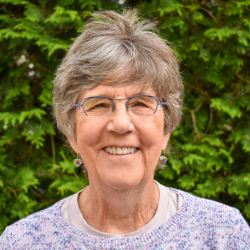
There is a sense of hope and urgency in my experience with the ICJS Congregational Leaders Fellowship. The focus and openness have allowed me to be profoundly aware that I, along with a small group of others who have faith traditions that may be quite different yet related, are able to worship, work, listen, learn, and share across boundaries. Boundaries are vital, and yet they can be unnecessary, biased, unreasonable, or troubling. A bit of a collision course.
I’m part of a church community that both allows and pushes me to think and live in broader ways across lines that I’ve not always wanted to acknowledge were even there—all the while almost unconsciously, largely in a Christian tradition with an occasional visiting speaker talking about another religion. These small forays into another world religion were always interesting, but I was not quite ready or equipped to venture any further into how I might move into “reaching across” with someone in a different religious space. In this time with ICJS Fellowship, the visit to a mosque and being invited and welcomed to breathe in the experience of Muslim worship was profound.
I felt an energy and enthusiasm that was shared openly with me, first by the preteens who guided us through their classrooms, community spaces, and leading to the presentation by their Muslim scholar. They answered questions and responded to our comments with respect, knowledge, and self-conscious smiles that were generous to this newcomer/stranger. We visited the mosque during the month of Ramadan. I had not expected to feel included or to worship as a participant, but the experience has remained with me as a spiritual shift. The sounds, language, ritual, wearing a headscarf, and physical space were unfamiliar and somewhat disquieting. Sitting on the floor in bare feet in a large open space for the prayers was intimidating for this white Christian. The unfamiliar was humbling. In a few minutes there was a kind of calm that settled over me. I stopped thinking and looked around at the women, openly sharing their worship space. Throughout the prayer time there was a connectedness that prevailed. And has prevailed.
As I think back to that evening, I am almost tearful at the sense of a presence, a holy moment of mutual space and time, in a spoken and prayed language that were foreign to me. This is what interreligious fellowship can be.
Again, boundaries are vital and healthy to be respected, understood, and taken seriously. The racial and religious separation that I grew up with was not necessarily lived with malice, but with a sense of anticipated acceptance of place and position. It wasn’t so much outward rejection—although that was present—but it was really more troubling. It was an invisibility of our history; there were great missing chunks of the robust messiness of being in community with our fellow humans. That collective amnesia results in a complete loss of the richness, awareness, culture, and traditions that we could all benefit from for our fullest realization as we live and love in this fragile, resilient, complicated environment that we find ourselves in.
A number of years ago, I had a kind of lightbulb moment when sitting in a church meeting room. I was part of a Bible discussion of Paul’s letters, written nearly 2,000 years ago, specifically to a church in Corinth dealing with concerns and divisions in their early church. I’m not sure what came before or after in that discussion group, but what absolutely captivated me was that in that letter, Paul had written to the people (II Corinthians 5:19), that the message of reconciliation is entrusted to us. The message is reconciliation. The message is entrusted to us.
I remember the setting, the table, the room we were in, and where I was sitting; I believe it was a liminal space for me. That moment has resonated ever since and recurred as I reflected on the recent visit to the mosque. It awakened a kind of personal and spiritual agency that I hadn’t understood or felt before. These boundaries and fences that we use can certainly be necessary and affirming. However, they are misused when they become barriers, excuses, or narrow limits. Indeed they must not be if we truly believe that we are entrusted with the message to do the tough work, to live and worship with the gift that we are here together.

Janet D. Raffetto is a member of St. Francis Episcopal Parish and Community Center and was a member of the 2023 ICJS Congregational Leaders Fellowship. Learn more about the ICJS Congregational Leaders programs here.
Opinions expressed in blog posts by the ICJS Congregational Leader Fellows are solely the author’s. ICJS welcomes a diversity of opinions and perspectives.